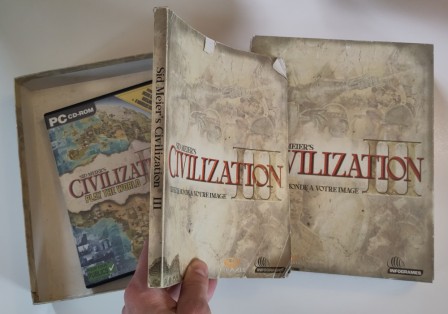It's been 3 years since I started working on Dawnmaker full-time with Alexis. The creation of our first commercial game coincided with the creation of Arpentor Studio, our company. I've shared a lot of insights along the way on this blog, from how we made our first market research (which was incredibly wrong) to how much we made with our game (look at the difference between the two, it's… interesting). I wrote a pretty big piece were I explained how we built Arpentor Studio. I wrote a dozen smaller posts about the development of Dawnmaker. And I shared a bunch of my feelings, mistakes and successes in my yearly State of the Adrian posts (in French only, sorry).
But today, I want to take a step back and give a good look at these last 3 years. It's time for the Dawnmaker post-mortem, where I'm going to share what I believe we did well, what we did wrong, and what I've learned along the way. Because Dawnmaker and Arpentor Studio are so intertwined, I'm inevitably going to talk about the studio as well, but I think it makes sense. Let's get started!


